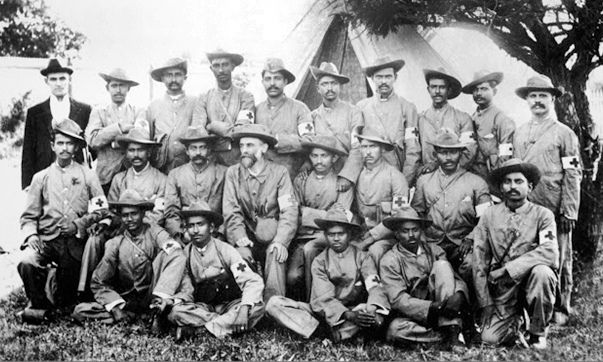Satyarthi, 60, and Yousafzai were picked for their struggle against the oppression of children and young people, and for the right of all children to education, the Norwegian Nobel Committee said.
The award was made at a time when hostilities have broken out between India and Pakistan along the border of the disputed, mainly Muslim region of Kashmir - the worst fighting between the nuclear-armed rivals in more than a decade.
"The Nobel Committee regards it as an important point for a Hindu and a Muslim, an Indian and a Pakistani, to join in a common struggle for education and against extremism," said Thorbjoern Jagland, the head of the Norwegian Nobel Committee.











































